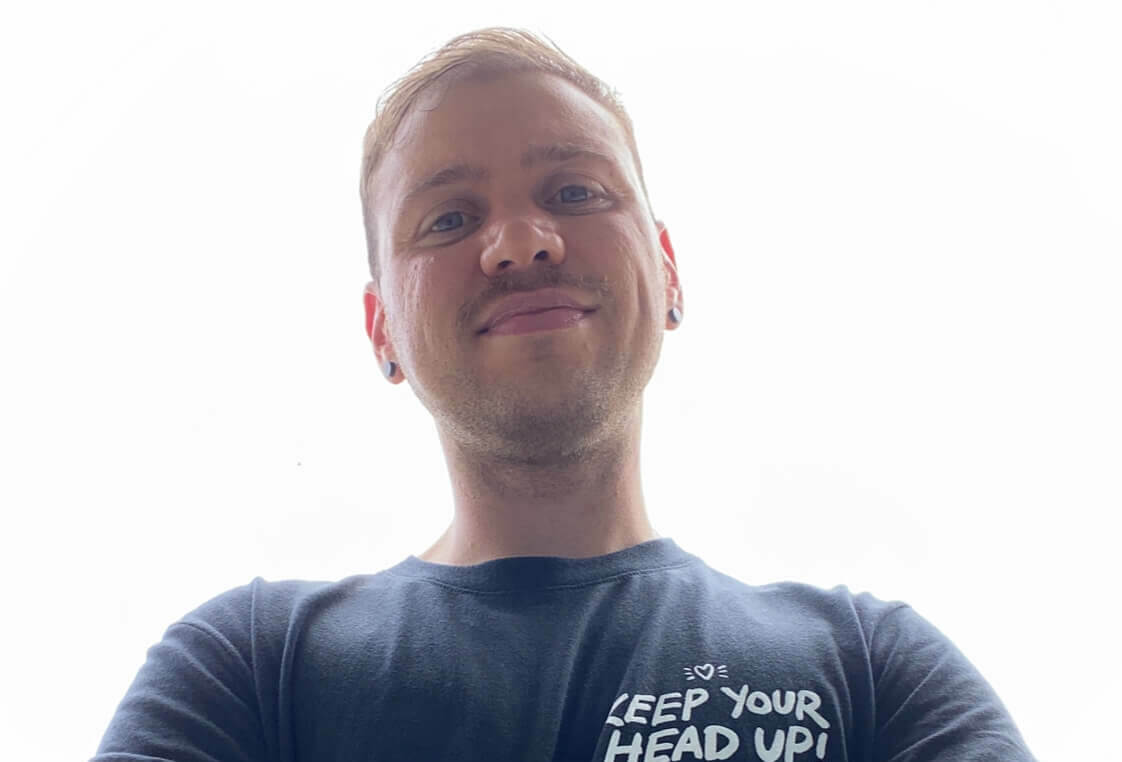Eating disorders never arrive alone
By Fiona Wright
Fiona is an Australian poet and critic. Fiona wrote Small Acts of Disappearance: Essays in Hunger (2015) based on her personal experience of an eating disorder. She also shared some of her journey with us here. Fiona says co-morbidity was one of the defining features of her eating disorder, so we asked her to share a little more.
The first time I ever saw any kind of psychologist, it was because I suspected I was anxious. I was anxious, so highly-strung that I could barely sit still, that I couldn’t bear to have a night in, without plans and alone, that I found myself, one Saturday afternoon, feeling hot and nauseous and dizzy on a city street because I’d forgotten exactly how to breathe. I was so underweight, and I hated this, but I didn’t know to do.
In hindsight, I know that this acute malnutrition was certainly contributing to how frantic and beleaguered I always felt, but it had been so long since I had felt any differently that it was hard to recognise that anything at all was wrong. This was my normal state. But it was also exhausting.
It wasn’t until years later that I realised that I have always been, a little bit, on edge. I remembered it from university, but I’d claimed then that I was working too hard, taking extra subjects and working part-time on top of studying with this extra load. I remembered it from high school, but I’d joked then that I was just teen-angsting with the best of them. I didn’t, until years later, recognise it from primary school, where I’d never really fit in, where I didn’t understand the rules of friendship, where I even then didn’t know who or how to be.
It wasn’t until years later that I recognised that the way I’d been feeling, when I was nineteen, in the year that I first became ill, that leaden sadness, that despair, was depression – my family and I didn’t have the language for it then, even though it seems obvious now. I’d come home from classes and sit in my bedroom with the lights off, crying silently in the dark. I’d said then that I was just having a hard time.
These are the illnesses that pre-date my eating disorder, sometimes by years. But they’re a part of it as well – because these disorders never happen in a vacuum, and they often give us a way, awful as it is, of dealing with those things that we cannot handle otherwise. They deflect energy away from anxiety or sadness, or more accurately, they redirect it into endless minute decisions about food, into something over which it seems we can have control.
I’m not alone in this – some research suggests that as many as 97% of people with an eating disorder have at least one other psychiatric diagnosis, and the most common of these are depression and anxiety – including OCD and social anxiety disorder. Also common are PTSD, personality disorders, and autism spectrum disorders, which are frequently underdiagnosed in women.
But it’s also one of the things that makes treating eating disorders difficult – because when the eating behaviours, those things that have been keeping us safe, have been helping us cope, are addressed, everything that’s lying underneath them is suddenly laid bare, suddenly much more present and pressing. And we have to somehow learn to deal with these at the same time as facing the constant anxiety and even terror (it very often is utter terror) as re-learning to eat, six times each day, every single day, without any kind of rest or respite.
HELP AND SUPPORT
If you, or anyone you know is experiencing an eating disorder or body image concerns, you can call the Butterfly Foundation National Helpline on 1800 33 4673 (ED HOPE) or email support@butterfly.org.au or jump on our website to chat www.thebutterflyfoundation.org.au






















